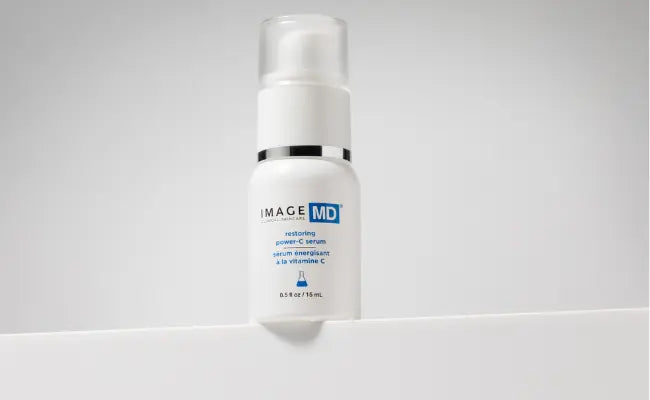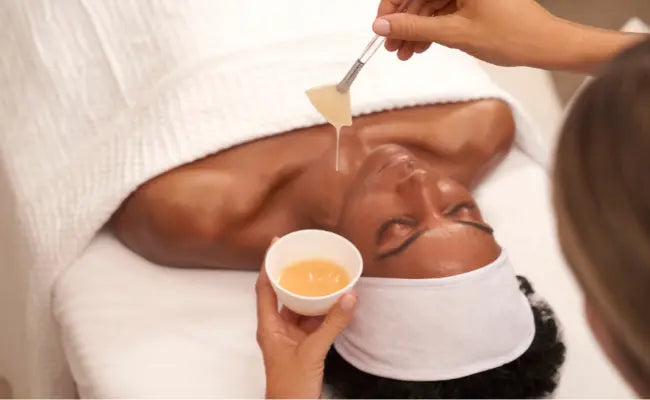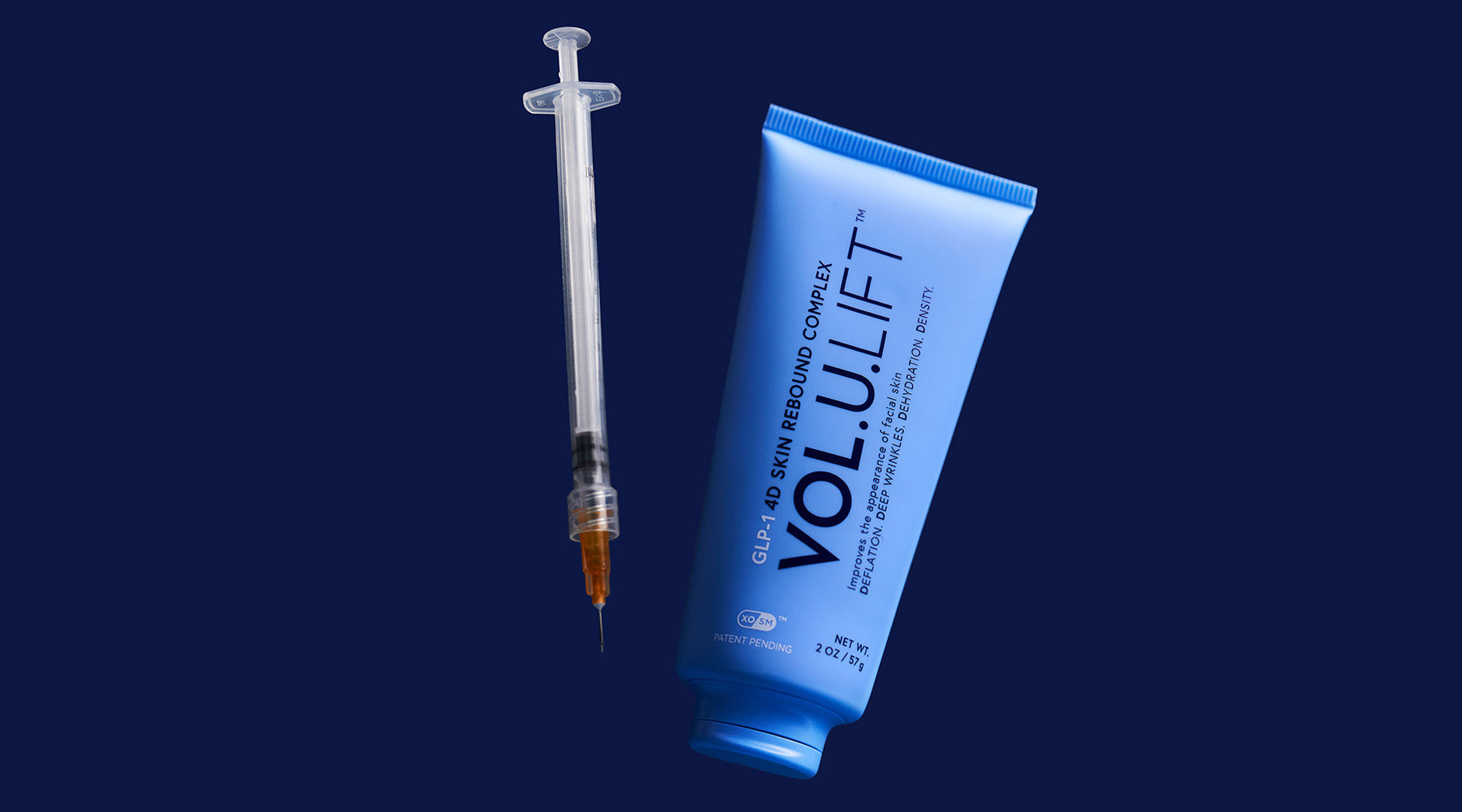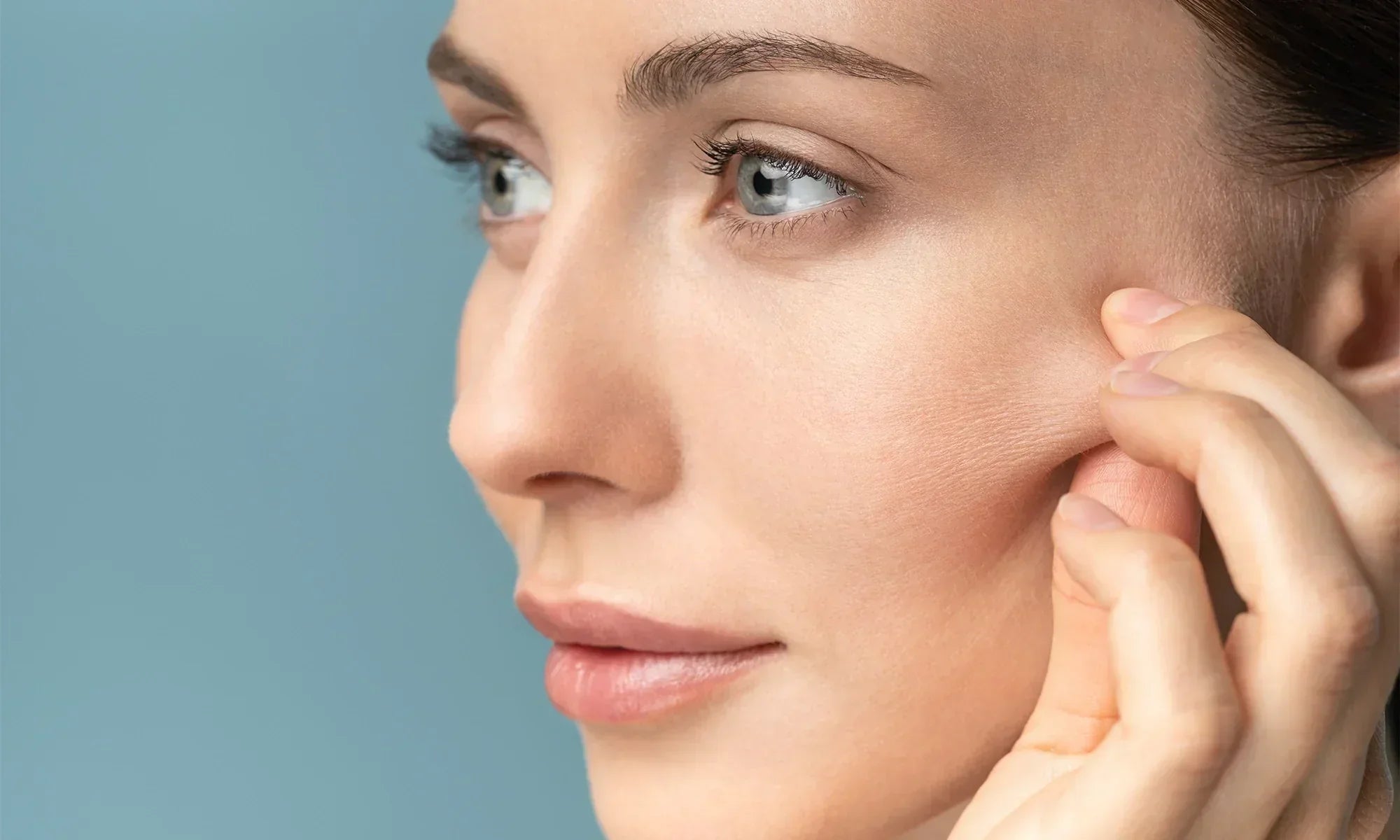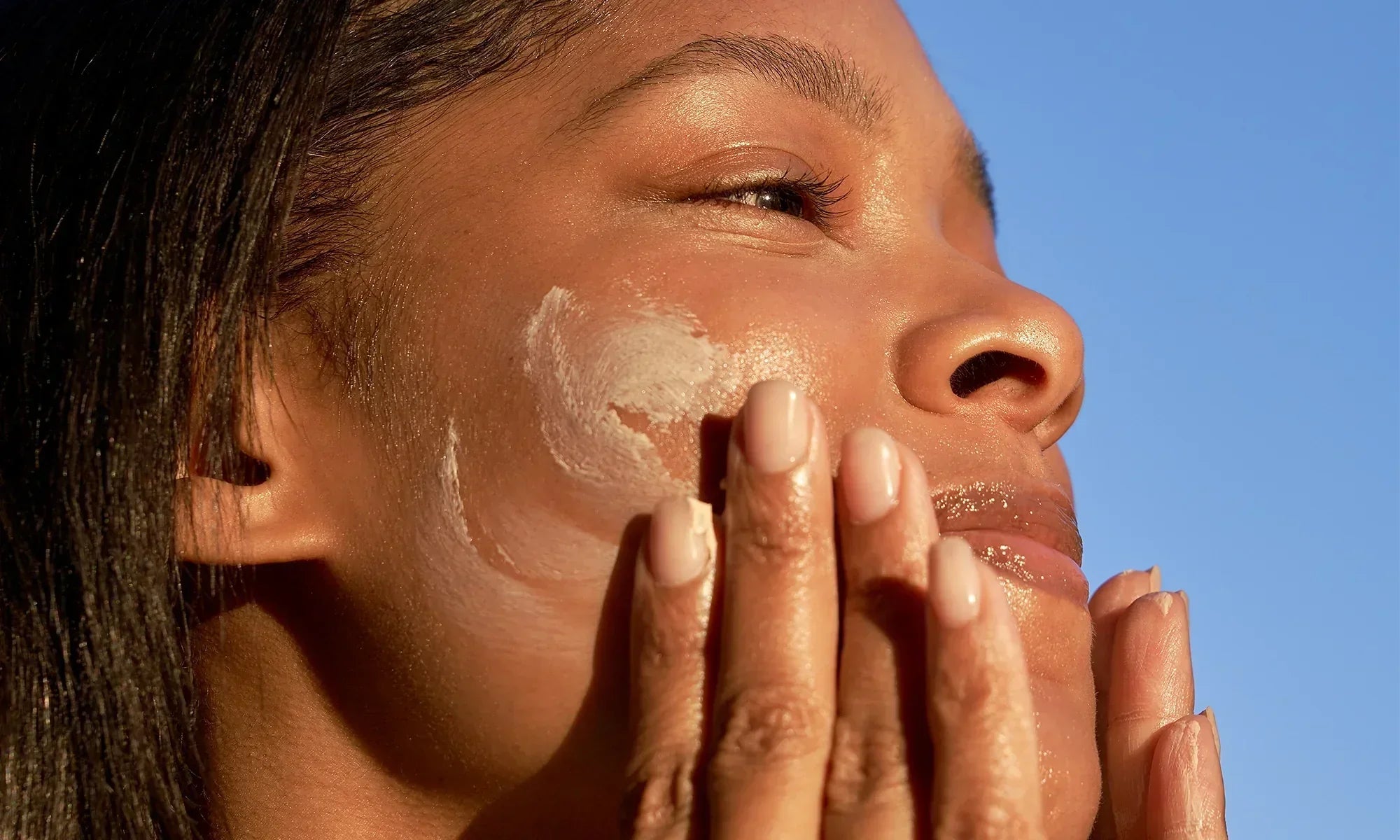
Sun Safety Tips: From Sunscreen to Sunglasses
Why sunscreen should be a part of your skincare routine
Daily SPF isn’t just a summer step—it’s a non-negotiable part of your skincare sunscreen routine year-round. UV rays penetrate clouds, windows, and even glass screens, putting your skin at risk indoors and out. A consistent SPF habit helps protect against visible signs of environmental stress, including dryness, uneven tone, and early signs of aging.
How does the sun impact our skin?
While the sun can lift your mood and boost vitamin D, overexposure to UV radiation can lead to long-term skin changes. It can affect tone, texture, and contribute to signs of aging like fine lines and dullness. UV exposure also impacts skin at the cellular level—making broad-spectrum SPF essential to long-term skin health.
UVA vs UVB rays
• UVA rays penetrate deep into the dermis and are responsible for premature aging and skin laxity.
• UVB rays affect the skin’s surface, causing sunburn and contributing to visible damage.
A broad-spectrum skincare sunscreen defends against both, supporting your skin's health and vibrancy over time.
How sunscreen helps protect skin from damage
Whether you choose a mineral sunscreen for face or a chemical SPF, sun protection helps absorb or reflect UV rays before they can damage your skin. Used consistently, SPF helps defend against the appearance of fine lines, discoloration, and other signs of UV-related stress.
Mineral vs chemical sunscreens
Sunscreen comes in two categories that have unique benefits. Here’s how the two main types differ:
• Mineral sunscreen for face: Zinc oxide and titanium dioxide act as physical UV filters, sitting on the skin’s surface to reflect UV rays. Mineral sunscreens are gentle and are ideal for sensitive or post-treatment skin.
• Chemical SPF: These formulas absorb into the skin and transform UV rays into heat. They typically feel lightweight and invisible, making them ideal for daily wear under makeup.

How to use SPF properly
To get the full benefit of your SPF:
• Apply 15 minutes before sun exposure
• Use a quarter-sized amount for the face and a shot glass-sized amount for the body
• Reapply every 2 hours, especially after swimming or sweating
Watch how to apply SPF like a pro
Choosing the best sunscreen for your skin
Every formula in our sun care line delivers advanced protection and skin-loving benefits. Here’s how to find your match:
For oily or acne-prone skin:
DAILY PREVENTION sheer matte moisturizer SPF 30 and Clear Solar Gel SPF 30
Both provide a soft matte finish with non-comedogenic ingredients. Ideal for those seeking the best face sunscreen for oily skin or acne-prone skin.

For dry or sensitive skin:
DAILY PREVENTION pure mineral hydrating moisturizer SPF 30
A deeply nourishing mineral sunscreen for face with botanical hydrators to help replenish moisture and soothe the skin.

For a natural glow with coverage:
DAILY PREVENTION pure mineral tinted moisturizer SPF 30
A multi-tasking tinted sunscreen that blurs imperfections and evens tone with a sheer, radiant finish.

For advanced defense and extended exposure:
DAILY PREVENTION smartblend mineral moisturizer SPF 75 and DAILY PREVENTION ultra defense moisturizer SPF 50
Both deliver elevated SPF for outdoor workouts, beach days, or everyday wear in intense sun.


For easy reapplication on the go:
DAILY PREVENTION protect and refresh mist SPF 40
A sheer sunscreen mist for face designed to refresh and defend—perfect for layering over makeup or bare skin.

For a dewy, lightly tinted finish:
DAILY PREVENTION Sun Serum SPF 30
A featherlight tinted sunscreen serum featuring a chemical-mineral hybrid formula with antioxidants like chamomile and ginger root.
Find the perfect sunscreen for you. Take our quiz
The power of XOSM™ Technology
DAILY PREVENTION is unique because of its delivery system. Every formula is powered by XOSM Technology—a proprietary ingredient delivery system that encapsulates key ingredients like zinc oxide, antioxidants and hydrators.
The result:
• More stable and effective sunscreen formulas
• Better performance on the skin
• A smoother, more sensorial application experience

Don’t forget your eyes: sunglasses + blue light protection
Protecting the delicate eye area
Why UV-blocking sunglasses are key
• They help prevent squinting (which can lead to crow’s feet)
• They protect the sensitive skin around your eyes
• They help reduce long-term exposure that can lead to irritation and dryness
Blocking blue light indoors
Blue light glasses help minimize eye strain and reduce the visible effects of screen-related exposure. This is especially important for those who spend hours at a computer or on mobile devices.
Everyday protection = long-term results
Healthy skin starts with daily choices. Adding a multi-benefit skincare sunscreen like DAILY PREVENTION—plus protective eyewear—can defend your skin from daily stressors while supporting its natural glow.
Shop the full DAILY PREVENTION collection →




